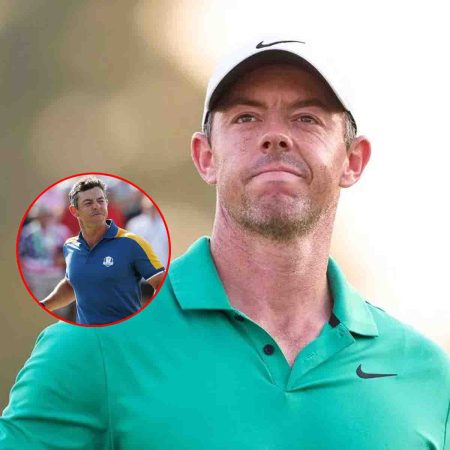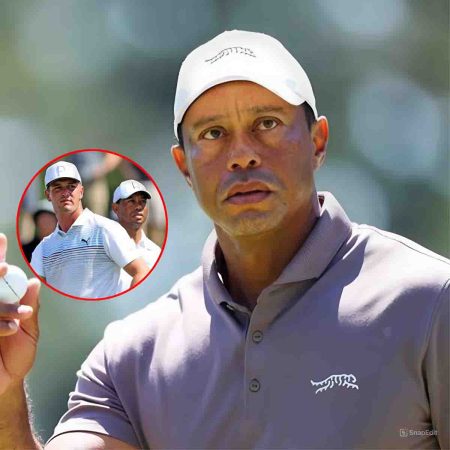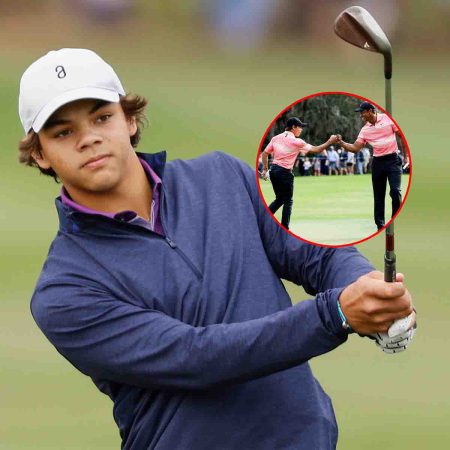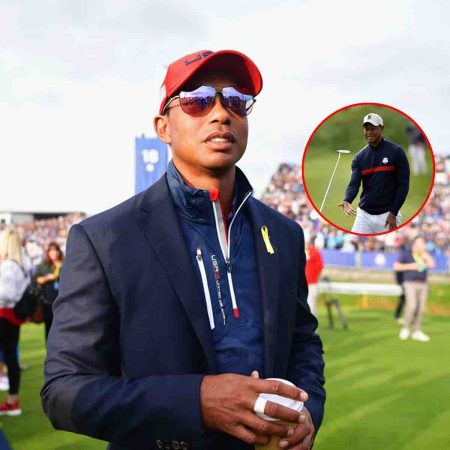Man City 1-0 Arsenal (Ake 64′)
One of the great joys of the FA Cup is the greater allocation of tickets given to away clubs. In the Etihad’s South Stand, the top two tiers were flecked with red and white in a sea of winter coats. The last time they came to this stadium, Arsenal were three goals and a man down before half-time. Undoubtedly they ventured north to watch this new age, but mainly they did it so they could chant “We are top of the league” at the champions. That was enough to keep them cheerful.
Mikel Arteta grasped at a win-win situation. His six changes shifted the pre-match expectations towards the home team and thus reduced the pressure on his. Of those changes, at least four – Matt Turner, Rob Holding, Fabio Vieira and Kieran Tierney – represented downgrades. But each made sense. Eight Arsenal players have started 18 of their 19 league games or more this season; that cannot continue. Minutes in the legs for fringe players should be greedily accepted.
Win in those situations, your changed team vs City’s full-strength outfielders, and you gain an easy psychological advantage ahead of the Premier League showdowns. Lose and you reason that it means nothing for the longer term and that FA Cup exit, in this of all seasons, is no cause for tears. It’s enough cause for joy amongst Arsenal supporters that a domestic cup competition isn’t the priority in January.
Stop me if you’ve heard this one before. Other than a series of direct balls to Erling Haaland, which created panic but never quite a clear chance, City were guilty of their usual first-half trick: slow passing, usually in their own half and usually without any obvious sense of danger building. As ever, this is perfectly viable as a strategy because it guards against counter attacks. Except that Pep Guardiola’s team are vulnerable to those too.
Not stopped me yet – how about now? The game changed for City when they made an attacking change. It is as if their first halves are nothing but elaborate setups, lulling opponents to the point on the stage marked with a cross. Having done that, they make a quick switcheroo, pull a level and laugh as the gunge falls on their opponent.
This time, it was Julian Alvarez who made the difference. His driving run from deep ended in a shot that fizzed against Turner’s post and rebounded to Jack Grealish. Five seconds of dancing, defender-drawing and a cute pass later and Nathan Ake curled home a worm-bothering shot with his right foot. He seemed as surprised – and grateful – as anyone.
It is a small sample size – Nottingham Forest at home, Tottenham at home, the last 35 minutes here – but there is growing evidence that deploying Haaland and Alvarez together can be a source of intense pleasure for Guardiola. You might think that a little-and-large strike partnership might work like Niall Quinn and Kevin Phillips, a collection of nod downs, pass-and-gos and decoy runs.
You’d be wrong. Instead, Haaland and Alvarez play as two separate units, passing like ships in the night. It’s fascinating to watch. When they were on the pitch for 69 minutes together against Nottingham Forest, scoring five goals between them, the pair never exchanged a pass. City are playing with two lone forwards, not a pairing.
It was enough to decide this tie. Arteta brought on the weapons to earn the replay that nobody really wanted and Arsenal did dominate territory and possession from that point. Stefan Ortega earned two standing ovations for gobbling up danger and was probably the game’s best player. City eventually survived with relative comfort.
It mattered not. The away end continued to declare their worship of every Arsenal player and manager. The home end crowed at their impending victory. You were left with the sense that everybody got what they came for and left sated and satisfied. They will meet again; it will matter more then.
Source: inews.co.uk








